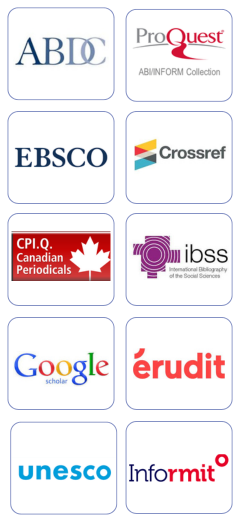Information Policy Interactions: Net Neutrality and Access to Information in US and India
Abstract
The tremendous growth and ubiquity of the Internet in today’s world makes access to information much easier than ever before. Many global forums consider access to information as a basic right and an absolute necessity for the sustainable economic development of nations and an indispensable instrument for human growth. Net neutrality is the concept that all citizens should have equal and non-discriminate access to the Internet and networked services, without any restrictions. This paper looks at the history and evolution of the concept of net neutrality and the associated concept of access to information in the context of the United States and India. U.S. and India are chosen since they are both large democracies accounting for the second and third largest number of Internet users. US is the world’s largest and mature economy, whereas India is an emerging economy. Both countries are current dealing with the issue of digital divide, and both countries are currently embroiled in animated debates concerning net neutrality and access to information. The paper offers a contrast between the approaches taken by the two countries and the interactions among the government, regulators, the law and citizens. The results of this study could be used as a basis by countries that are embarking on information policy formulations.Downloads
Published
2016-05-31
How to Cite
Subramanian, R. (2016). Information Policy Interactions: Net Neutrality and Access to Information in US and India. Journal of Comparative International Management, 19(1). Retrieved from https://journals.lib.unb.ca/index.php/JCIM/article/view/24612
Issue
Section
RESEARCH ARTICLES
License
Papers accepted become the copyright of the journal, unless otherwise specifically agreed.



